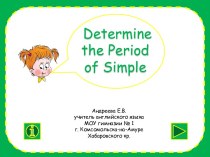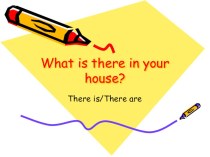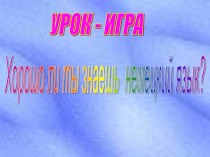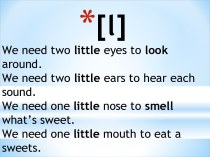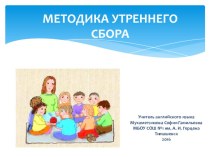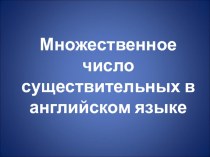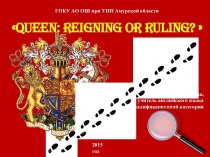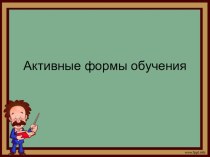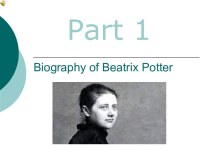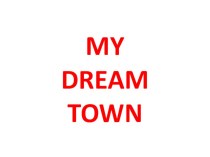- Главная
- Разное
- Бизнес и предпринимательство
- Образование
- Развлечения
- Государство
- Спорт
- Графика
- Культурология
- Еда и кулинария
- Лингвистика
- Религиоведение
- Черчение
- Физкультура
- ИЗО
- Психология
- Социология
- Английский язык
- Астрономия
- Алгебра
- Биология
- География
- Геометрия
- Детские презентации
- Информатика
- История
- Литература
- Маркетинг
- Математика
- Медицина
- Менеджмент
- Музыка
- МХК
- Немецкий язык
- ОБЖ
- Обществознание
- Окружающий мир
- Педагогика
- Русский язык
- Технология
- Физика
- Философия
- Химия
- Шаблоны, картинки для презентаций
- Экология
- Экономика
- Юриспруденция
Что такое findslide.org?
FindSlide.org - это сайт презентаций, докладов, шаблонов в формате PowerPoint.
Обратная связь
Email: Нажмите что бы посмотреть
Презентация на тему Tag Questions
Содержание
- 2. What is a tag question?How are they formed? Why do we use them?
- 3. What is a tag question?A tag question
- 4. How are they formed?Normally a positive statement
- 5. ! The statement and the tag are always separated by a comma.(,)
- 6. ! Treat any statements with nothing, nobody etc like negative statements.
- 7. ! The verb in the statement
- 8. Present tense |
- 9. Why do we use them? to verify
- 10. We show the meaning of the tag question through intonation(a rising intonation).
- 11. Rule №1V ( + ) .... ,
- 12. Rule №2Each sentence has its own “tail”!
- 13. САМОДОСТАТОЧНЫЕ глаголы IS, ARE, HAS GOT, HAVE
- 14. СЛАБЫЕ глаголыLIKE, GO, CLEAN, WRITE, LIVE,
- 15. Скачать презентацию
- 16. Похожие презентации
What is a tag question?How are they formed? Why do we use them?
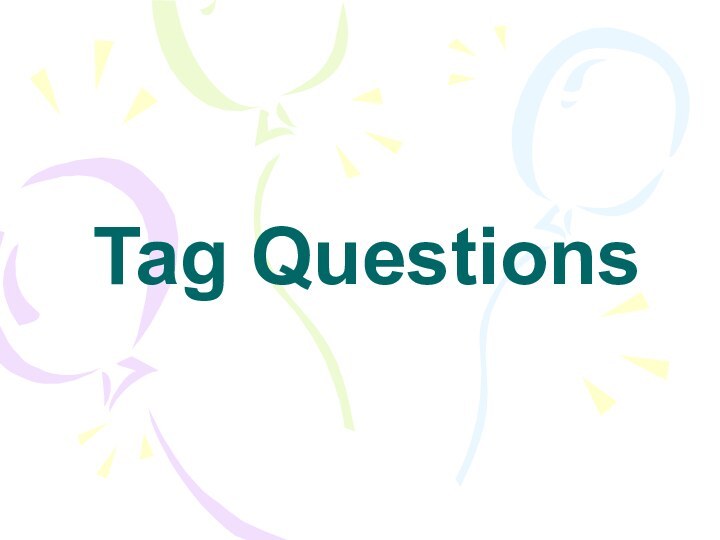
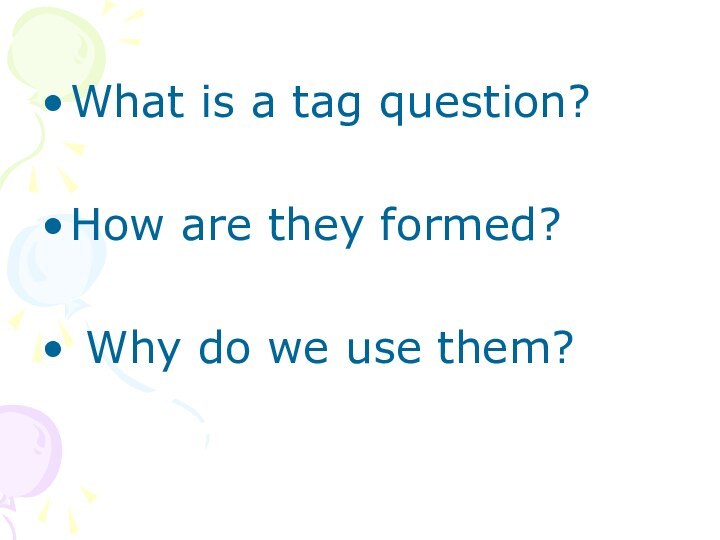
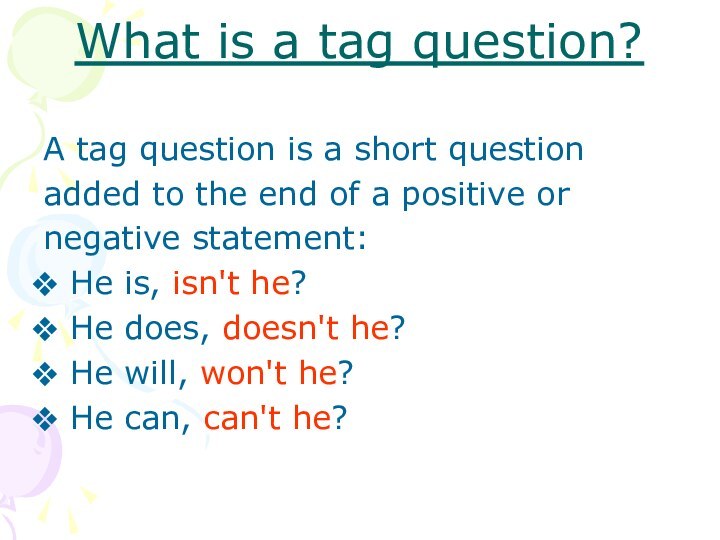
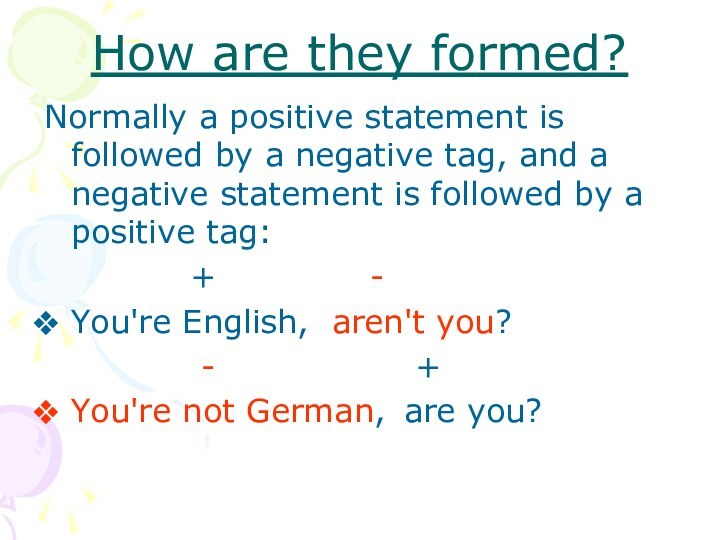
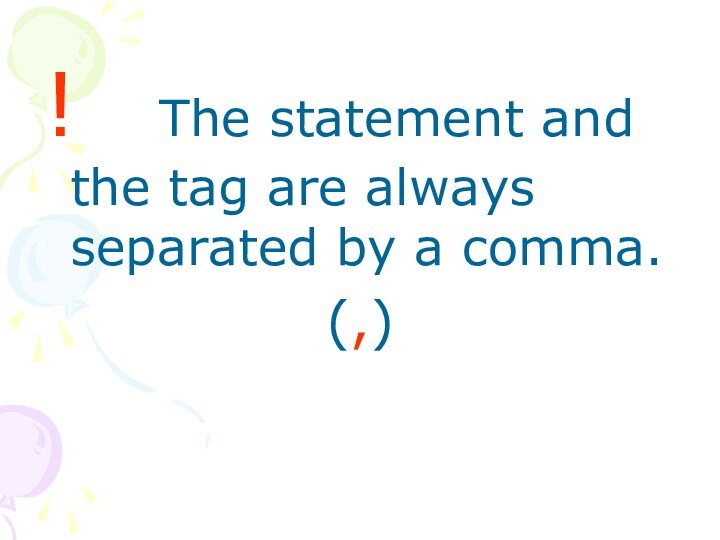
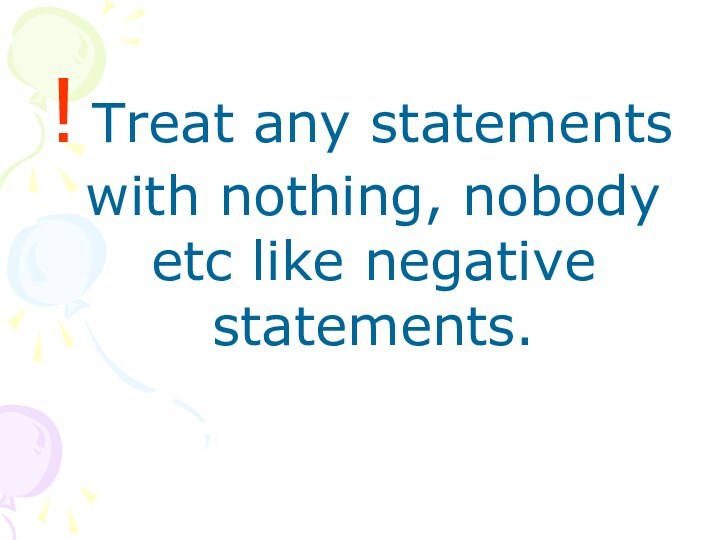
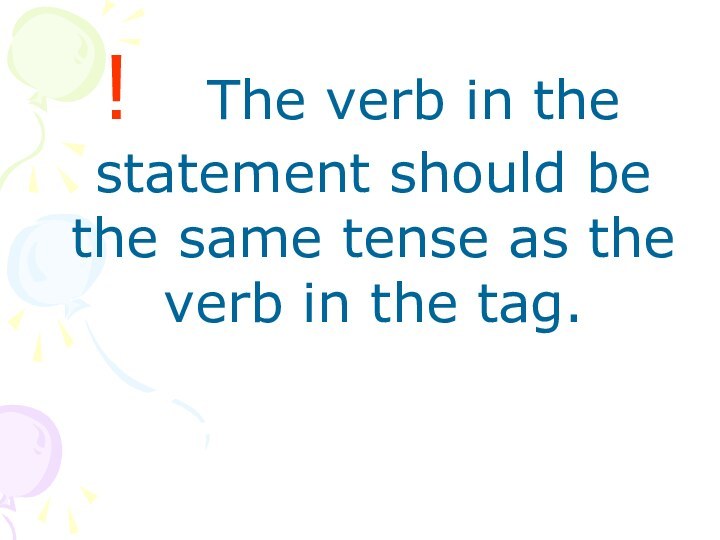
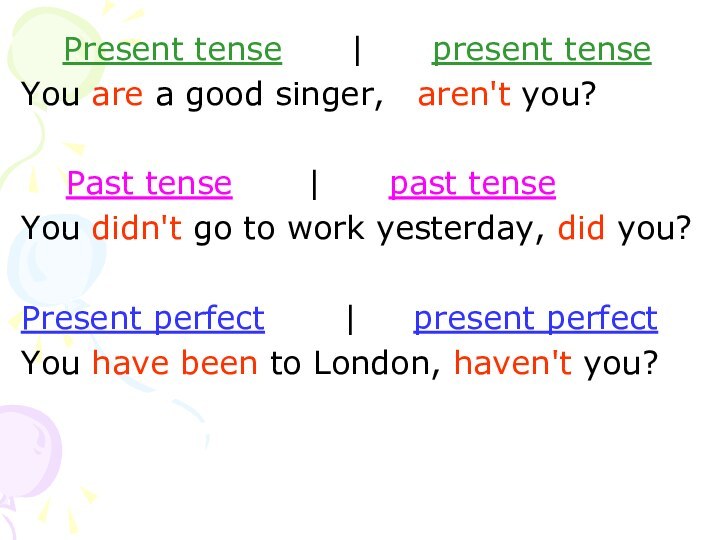

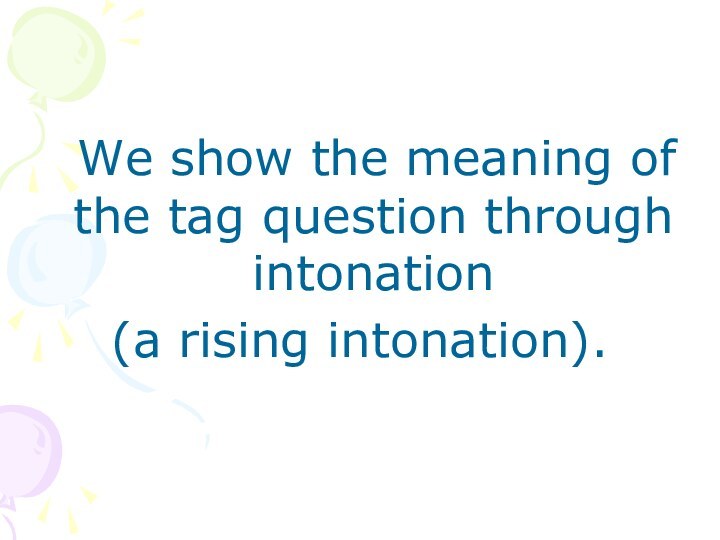


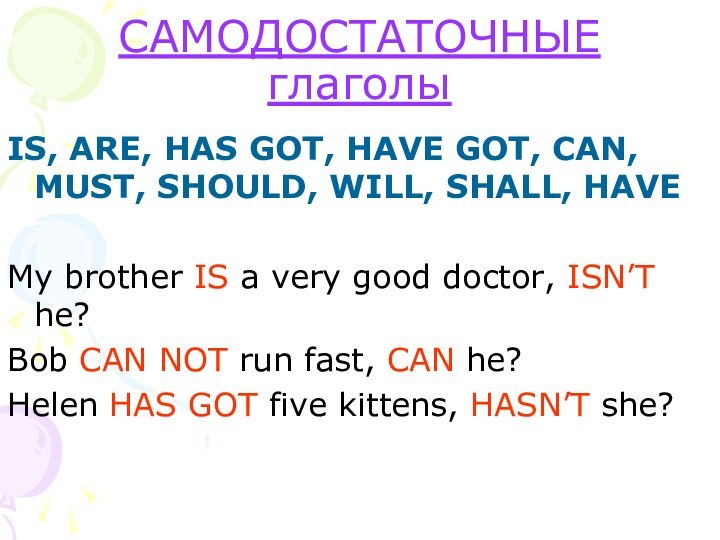
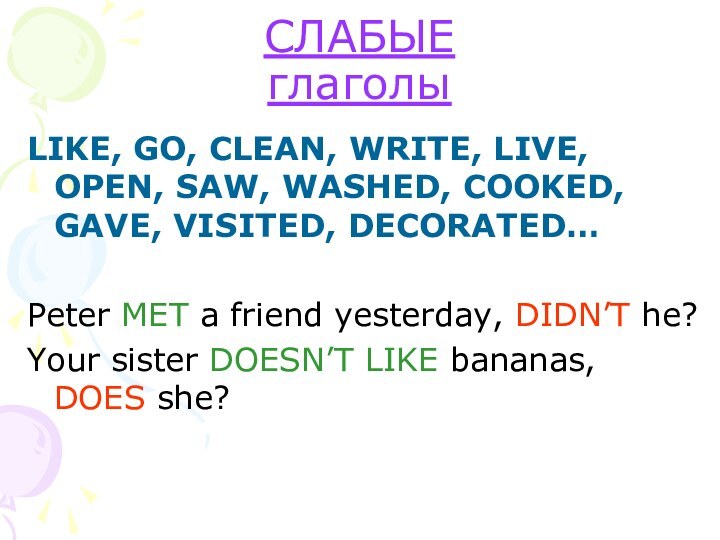
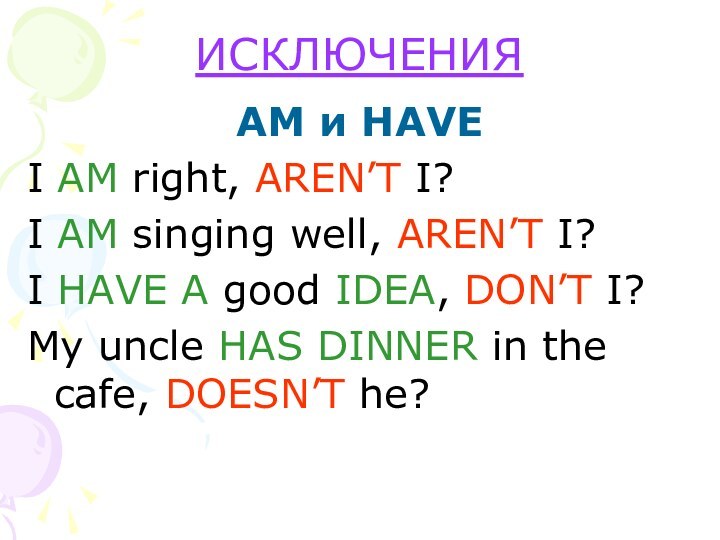
Слайд 3
What is a tag question?
A tag question is
a short question
added to the end of a positive
ornegative statement:
He is, isn't he?
He does, doesn't he?
He will, won't he?
He can, can't he?
Слайд 4
How are they formed?
Normally a positive statement is
followed by a negative tag, and a negative statement
is followed by a positive tag:+ -
You're English, aren't you?
- +
You're not German, are you?
Слайд 8 Present tense | present
tense
You are a good singer, aren't you?
Past tense | past tense You didn't go to work yesterday, did you?
Present perfect | present perfect
You have been to London, haven't you?
Слайд 9
Why do we use them?
to verify or
check information that we think is true or to
check information that we aren't sure is true;for effect, when we are trying to be sarcastic, or to make a strong point. So be sure to use them with care.
Слайд 13
САМОДОСТАТОЧНЫЕ глаголы
IS, ARE, HAS GOT, HAVE GOT,
CAN, MUST, SHOULD, WILL, SHALL, HAVE
My brother IS
a very good doctor, ISN’T he? Bob CAN NOT run fast, CAN he?
Helen HAS GOT five kittens, HASN’T she?
Слайд 14
СЛАБЫЕ
глаголы
LIKE, GO, CLEAN, WRITE, LIVE, OPEN, SAW,
WASHED, COOKED, GAVE, VISITED, DECORATED…
Peter MET a friend
yesterday, DIDN’T he? Your sister DOESN’T LIKE bananas, DOES she?
